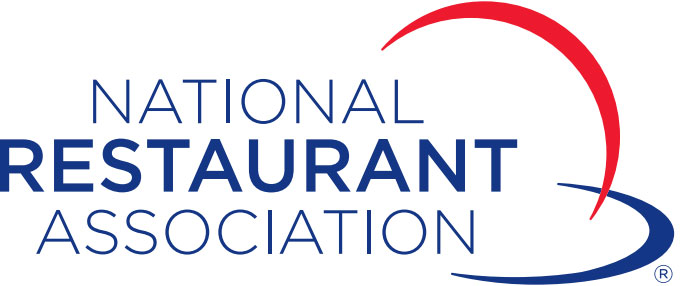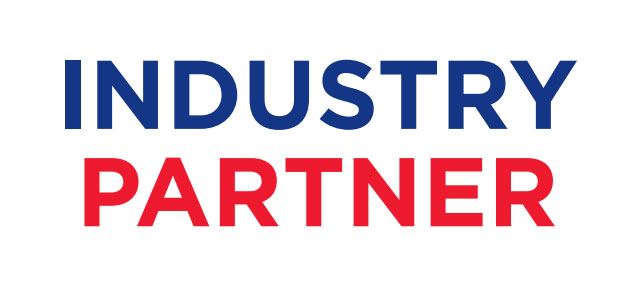It is no secret that Airbnb has long presented a challenge for hotels. The platform took the industry by storm, ushering in low nightly rates, novel guest experiences, and a widespread surplus of supply. But disruption is shaking up the hospitality market once again—and this time, Airbnbs are getting the short end of the stick.
New York City is leading a nationwide crackdown on short-term rentals. Classic full-home stays are out, two-guest limits are in place, and business licensing and tax requirements are strict. As other cities follow suit, hoteliers are looking forward to fresh opportunities in a newly level playing field.
However, proactive hotel and resort leaders are not waiting around for the Airbnb effect to reverse. If you want to rise above the competition, you need to optimize your business strategy and management team.
A New Lease on Life for Budget Hotels and Boutiques
Short-term rental regulations are good news for economy and midscale hotels. Price-conscious Airbnb travelers are flocking back to these accommodations, and hoteliers in the category have successfully made big price hikes. Revenue for budget-friendly hotels has gone up 19.8% since new laws took effect.
Boutique hotels may have plenty of room to grow, too. Demand for this segment has already been on the up and up, and as short-term rental listings fall, boutiques will provide the unique, intimate, and immersive travel experiences that Airbnb users crave.
However, not all businesses in the hotel industry are equally benefiting from Airbnb laws.
Cautious Optimism Is Key
New regulations are not a straightforward win. Upscale hotels and luxury resorts aren’t seeing much of a change, largely because frequent travelers and corporate customers have always preferred their reliability and loyalty programs.
Reinforcement also comes into question. Short-term rentals have historically been difficult to regulate, so while platforms like Airbnb and Vrbo may follow laws, the actual impact of restrictions hinges on government action. Without strict reinforcement, property owners may find new ways to promote rooms, apartments, and homes while evading fees and hefty fines.
For hoteliers, capitalizing on these uncertain times means strategically gearing up.
Staying Competitive in the Age of Airbnb
Airbnb is still a force to reckon with. To meet modern guest expectations, hotel and resort leaders must implement innovative changes that set their businesses apart.
Enhancing the guest experience is critical. Implementing hotel technology that mimics the convenience of Airbnbs from the point of booking to check-out can draw in more customers. Chains like Marriott, Hilton, and Hyatt are already leveraging contactless check-in. Hotels can also hone their strengths—focusing on strict sanitation standards, high-quality food options, outstanding 24/7 service, generous rewards programs, and reliability.
Ultimately, contending with short-term rentals requires visionary leaders who keep up with the latest market trends and continuously tailor experiences to consumer demands. In the age of Airbnb, every guest interaction counts—and hotel and resort managers must have an eye for detail, a data-driven mindset, and a knack for building strong client-facing teams.
Gecko Hospitality can help you identify, attract, and hire the top-performing hospitality managers you need. Whether you are leading a budget hotel or an upscale resort, our niche recruiters will leverage our nationwide talent network to connect you with leaders who can craft competitive strategies and enhance your growth.








